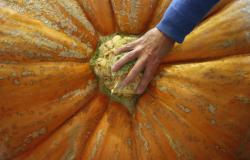The Food and Veterinary Service (PVD) detained and did not allow the import of 60 tons of food linseed and 140 tons of fodder of Russian origin into the European Union (EU), because during enhanced border control, contamination was found in the goods, which may endanger the health of consumers and animals, representatives of the Food and Veterinary Service informed.
PVD representatives indicate that the presence of an increased insecticide, imidacloprid, has been detected in the laboratory in the linseeds, while the permissible amount of residues of the pesticides epoxiconazole and methamidophos has been exceeded in the fodder sugar beet pulp with added molasses.
PVD representatives also mention that the linseeds were brought to the final recipient in Estonia, while the sugar beet pulp was delivered to the final recipient in the Netherlands.
The company responsible for edible linseed has decided to use it for technical purposes that are neither food nor feed. On the other hand, the responsible company is currently still deciding what to do with the shipment of sugar beet pulp, the representatives of the service explain.
Both shipments have been detained and are located in the special economic zone of Liepāja.
So far, 1,344 shipments have been checked in the enhanced border control.
LETA already announced that PVD will carry out increased control of food and feed supplies from Russia and Belarus until the end of August.
PVD explains that the increased control was started to eliminate concerns about risks to human and animal health, as well as to ensure the compliance of shipments with EU regulations, including preventing consumers from being misled about the type, identity, properties, composition, quantity, validity, origin of the goods. country or place of origin, manufacture or production method.
The service explains that it controls at least 10% of goods from certain groups of goods, such as peas, cereal products, oilseeds, fodder, which are brought from Russia and Belarus, as well as at least 5% of goods that are brought from other third countries, in addition to document, identity and physical checks, samples will be taken for laboratory tests.
According to PVD data, in 2023, 2.513 million tons of various food products imported from Russia and Belarus, including fodder, cereals, vegetables, seeds, beverages, sugar confectionery, coffee, tea and others, were presented for border control.
PVD is a state administrative institution under the supervision of the Ministry of Agriculture, which carries out state supervision and control of the food circulation and veterinary medicine industry.
Tags: PVD prohibits import tons contaminated food linseed fodder Russia
-





